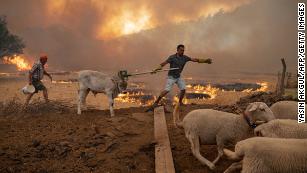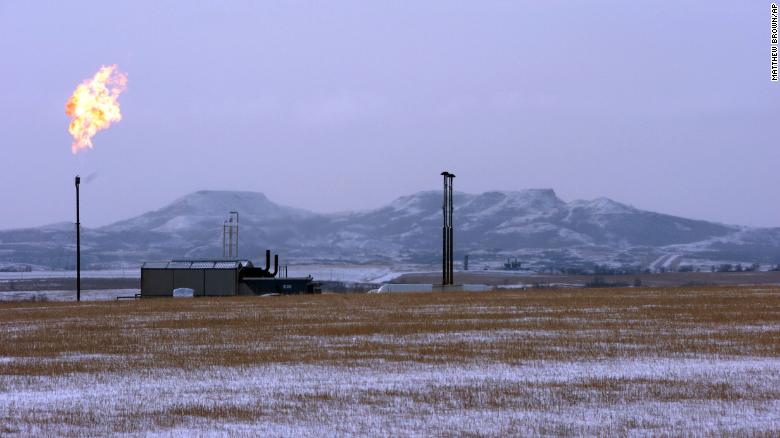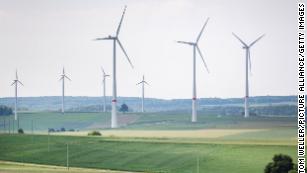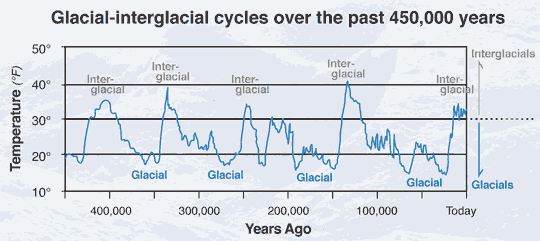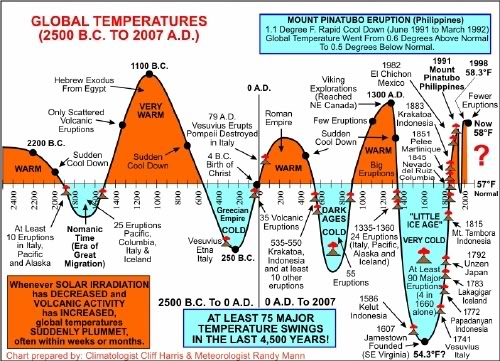Ivan88
Gold Member
- Sep 21, 2021
- 974
- 377
- 178
Tropic of Cancer, used to pass through the South tip of Baja California, Mexico.The silly notion of the T. of C. moving is just too dumb to bother debating. Jeeezzzzz!
Learn what the T. of C. denotes and get back to me.
Now is around 1200 miles North of there.
If you want to test your relationship with it, You can at high Noon on the Summer Equinox, as I mentioned earlier. If Donald is unwilling to test the matter himself, then, he is just another barking dog on the train to nowhere.


